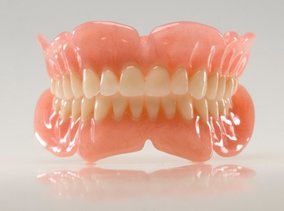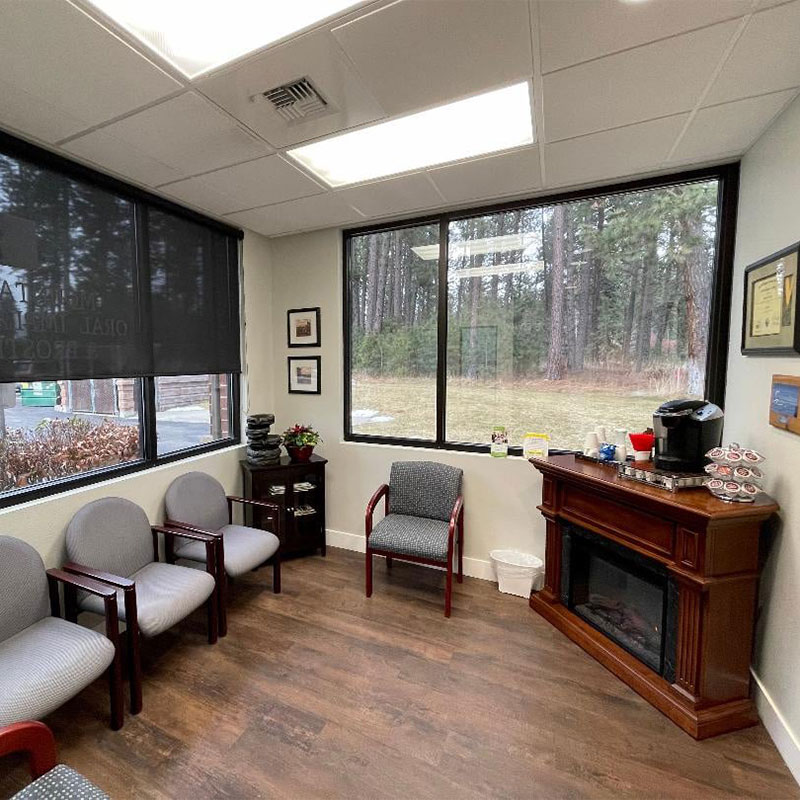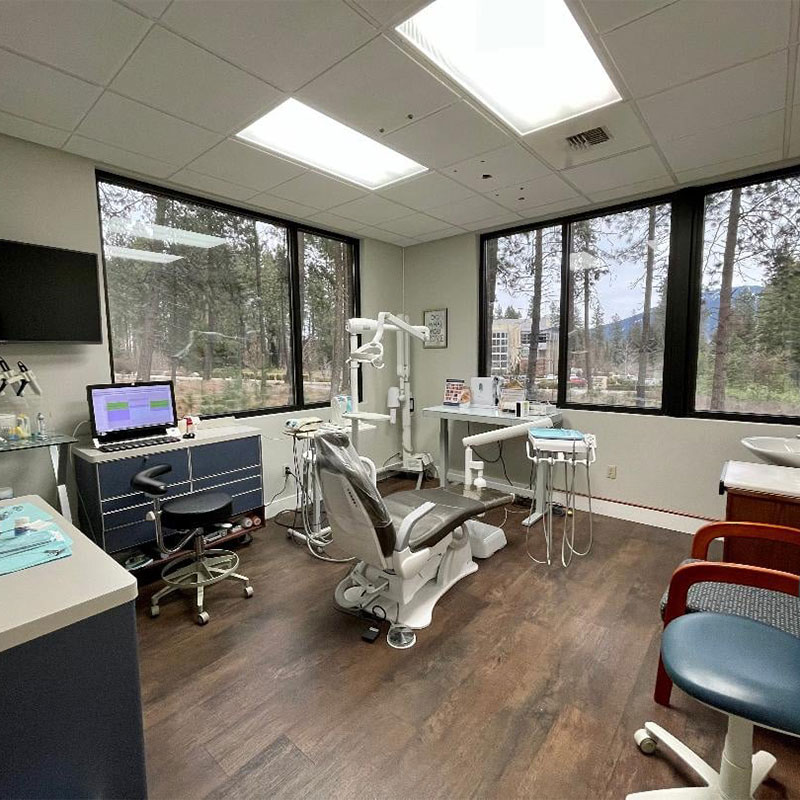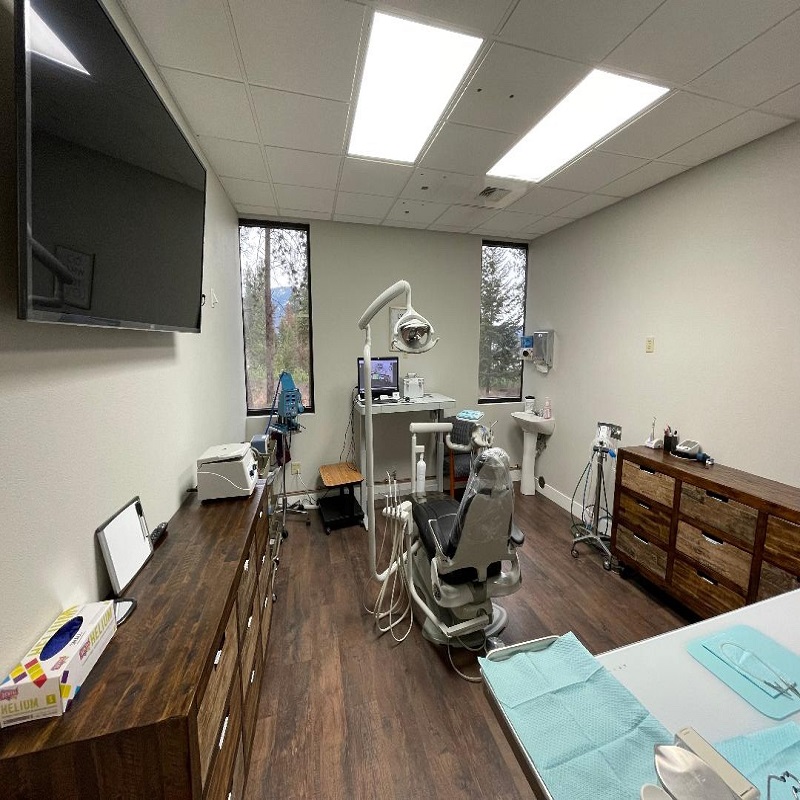Dentures

Dentures are a replacement for missing teeth that can be removed and snapped back into your mouth as you please. Depending on each individual patient case, they may receive full or partial dentures. Full dentures are used when all of the natural teeth are removed from the mouth and replaced with a full set of dentures. There are two types of full dentures.
Conventional Full Dentures – This is when all the teeth are removed and the tissue is given time to heal before the dentures are placed. It could take a few months for the gum tissue to heal completely, and during this time you will be wearing provisional resin denture prototypes in order to help you decide on a final set that best suits you.
Delayed Insertion Full Dentures – Prior to having your teeth removed, your dentist takes measurements and scans and has dentures fitted for your mouth. After removing the teeth, the dentures are immediately available to be placed in your mouth. However, most patients choose to wait up to 3 weeks for healing to occur in order to avoid the discomfort of wearing a denture on a surgical site. You will need to have a follow up visit to refit your dentures because the jaw bone will slightly change shape as your mouth heals. The dentures will need to be tightened after the jaw bone has healed.
Partial dentures are another option when not all of your teeth need to be removed. This is similar to a bridge, but it is not a permanent fixture in your mouth. Your dentures may take some time to get used to. The flesh-colored base of the dentures is placed over your gums. Some people say that it feels bulky or that they don’t have enough room for their tongue. Other times the dentures might feel loose. These feelings will affect the way you eat and talk for a little while. Over time, your mouth becomes trained to eat and speak with your dentures and they begin to feel more and more like your natural teeth. They may never feel perfectly comfortable, but it is much better than the alternative of not having teeth during the period of post extraction healing while waiting for the bone to grow and mature in order to receive an implant a few months later.
Dentures are made by your general dentist or prosthodontist as described above. Sometimes, despite all the care take to insure proper fabrication, the dentures do not fit satisfactorily and a referral to our office by your general dentist may be necessary in order to transition your dentures into an Implant Supported Overdenture, or to evaluate you to determine if you would be a prosthetic candidate for more sophisticated prostheses such as implant supported bridges or All-on-4 hybrid appliances.
Which Implant Solution is Ideal for You?




